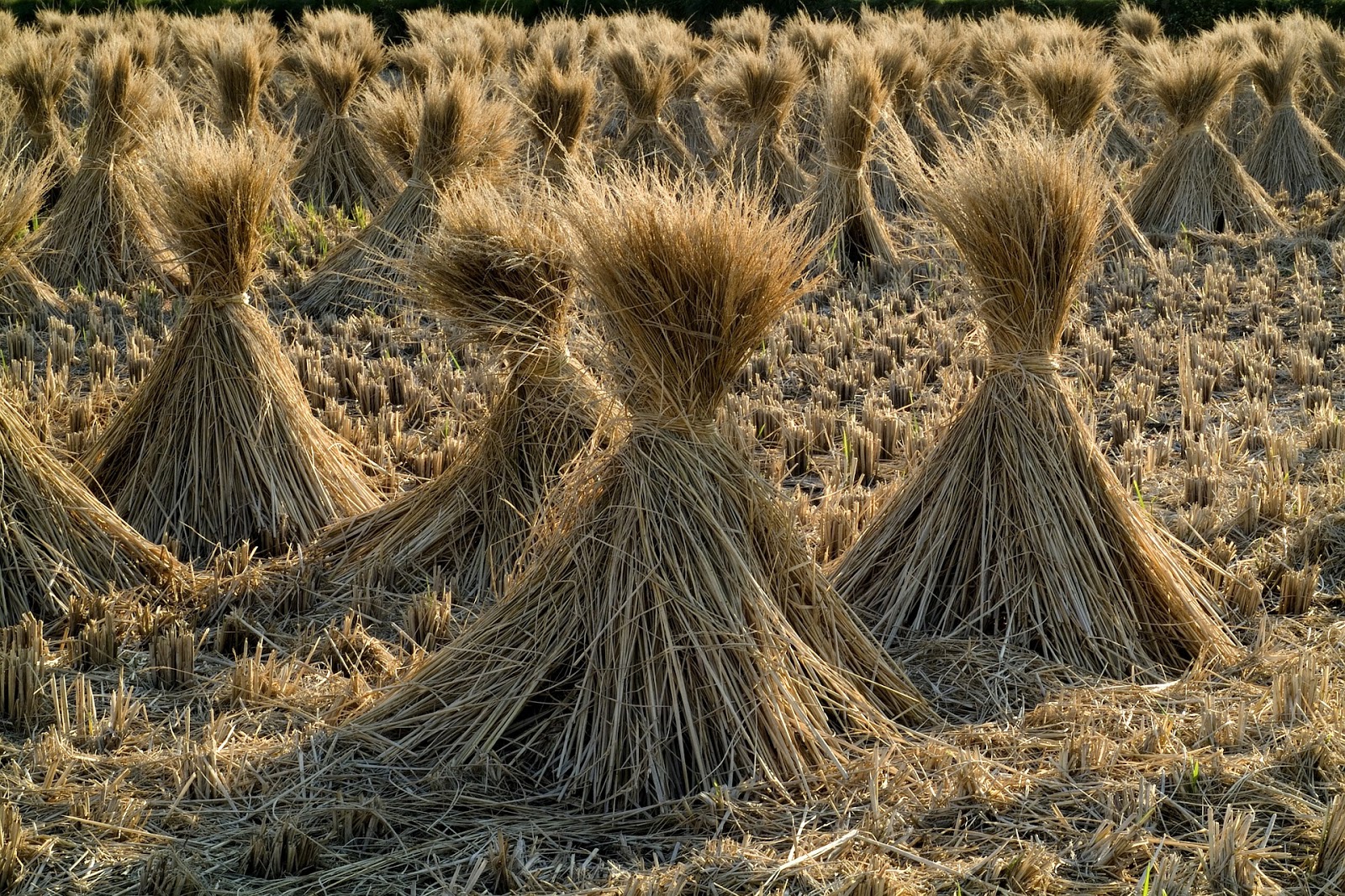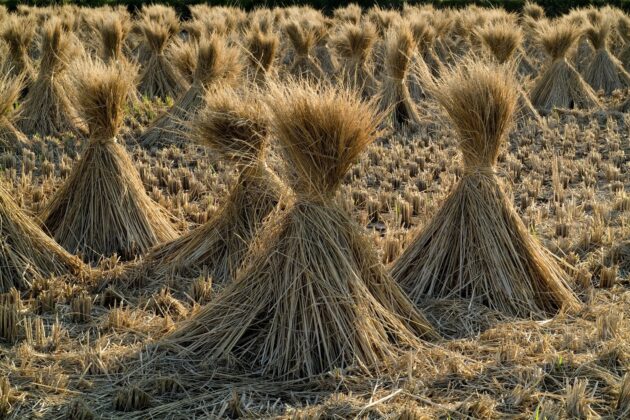Pemanfaatan Limbah Pertanian untuk Energi Alternatif
As the world continues to seek sustainable and renewable sources of energy, agricultural waste has emerged as a potential alternative energy source. The utilization of agricultural waste for energy production not only helps in reducing environmental pollution but also provides an efficient way to manage these waste materials. In this article, we will explore the various ways in which agricultural waste can be utilized for alternative energy production.
Biomass Energy from Crop Residues
 Source: bing.com
Source: bing.comOne of the most common forms of agricultural waste is crop residues such as corn stalks, rice husks, and wheat straw. These residues can be utilized to produce biomass energy through processes like combustion, gasification, or anaerobic digestion. Biomass energy is a renewable source of energy that can be used for heating, electricity generation, or even as a fuel for vehicles.
Biogas Production from Livestock Waste
 Source: bing.com
Source: bing.comLivestock waste, including manure and bedding materials, can be converted into biogas through anaerobic digestion. Anaerobic digestion is a biological process that breaks down organic matter in the absence of oxygen, resulting in the production of biogas, which primarily consists of methane. Biogas can be used for cooking, heating, or electricity generation, providing a sustainable energy source while also reducing greenhouse gas emissions.
Conversion of Agricultural Residues to Biofuels
Agricultural residues can also be processed to produce biofuels such as bioethanol and biodiesel. Bioethanol can be derived from crops like sugarcane, corn, or wheat, while biodiesel can be produced from oil-rich crops like soybeans or rapeseed. These biofuels can be used as a substitute for fossil fuels in transportation, reducing carbon emissions and dependency on non-renewable energy sources.
Utilizing Agricultural Waste for Heat and Power Generation
 Source: bing.com
Source: bing.comAnother way to utilize agricultural waste for energy production is by using it as a fuel for heat and power generation. Crop residues, animal manure, and other agricultural waste can be burned directly or used as feedstock in biomass power plants. These power plants generate electricity and heat by combusting the agricultural waste, providing a sustainable energy source for both agricultural and non-agricultural sectors.
Conclusion
The utilization of agricultural waste for alternative energy production offers numerous benefits, including waste management, reduction of greenhouse gas emissions, and diversification of energy sources. By harnessing the energy potential of agricultural waste, we can contribute to a more sustainable and environmentally friendly future. It is essential to continue researching and investing in technologies that enable the efficient utilization of agricultural waste as an alternative energy source.
Post a Comment for "Pemanfaatan Limbah Pertanian untuk Energi Alternatif"